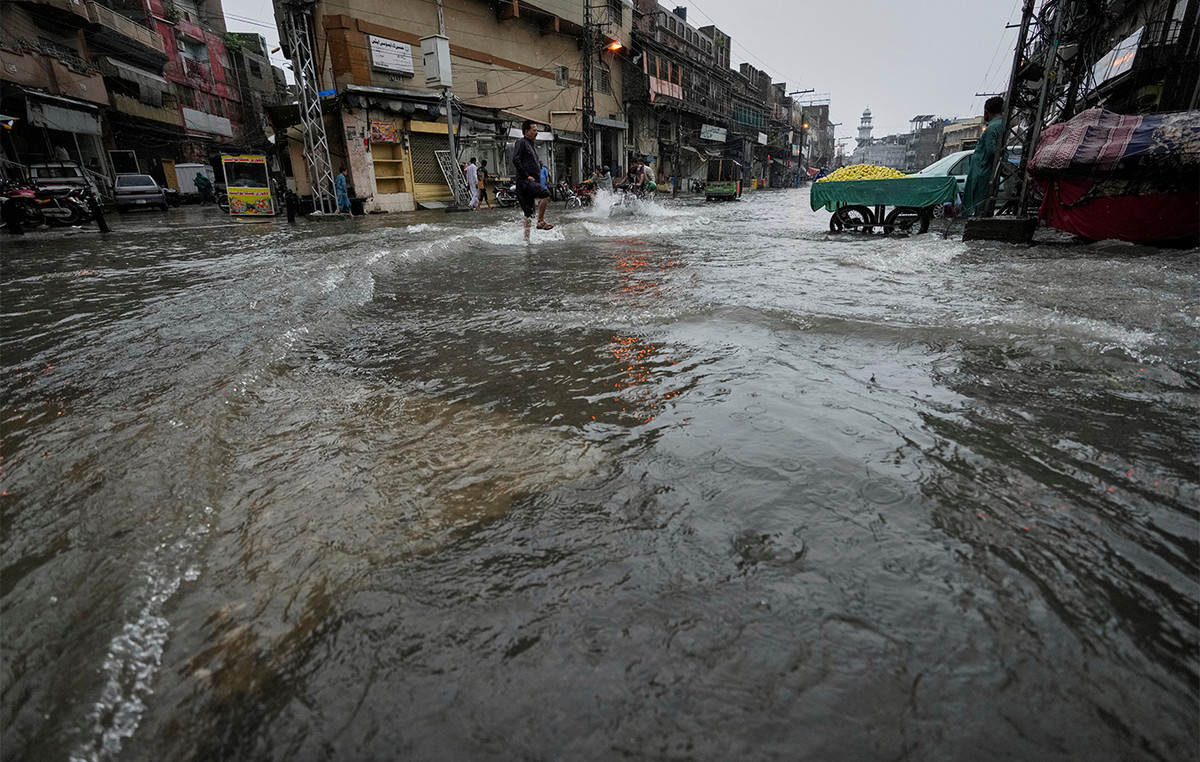«Two weeks ago we lived a terrible night. I don’t remember what time we managed to sleep, submerged by the sound of explosions and artillery strokes. In the end we were forced to leave home. We lived along the Salah Al-Din line, the road that connects the North to the south of Gaza. But with the tanks in advance and the bombs that are getting closer, we fled ». Graduated with honors, Dima dreamed of a master, but put everything aside. First she worked as a translator for humanitarian organizations, then she chose to deal with children left without a family. “I sat with them, I asked questions. They often didn’t answer. Their silence spoke of too large trauma “. Many now live with distant relatives, linked only by the blood. «I see them treated coldly, sometimes hard. Some are just one year old. They don’t know what occupation is, but they know cruelty, emptiness. A child finds refuge in his mother’s embrace. But how do you explain to an orphan that that embrace will never be there anymore? “
Dima, Gaza City
Dima tries to tell their story in English, to make it audible in the world. “But sometimes I can’t. The pain is too much. The child does not speak: he is hungry, he cries the mother, does not have a childhood». One of these children met him a few days ago. He lives in a criminal tent with his grandmother. He lost mother, father and brothers in a bombing. «When we went to bring him food and clothes, I saw him aside, in silence. I sat with him. I asked him: “” How are you? How does the war feel? Have your eyes raised, your eyes full of tears: “It’s terrible. I’m hungry. I miss the mom. If she was here, I wouldn’t ask for anything else in the world».
«The night before we laughed and playing football. My father joked with us. My mother looked at us. At two in the morning I woke up under the rubble. I felt the ambulances, the rescuers. I saw them. But I didn’t see my mother ». Today that child, like many others, brings the weight of mourning, hunger, fear. “He said to me: “I’m sick. The bomb destroyed our home. My mother is still under the rubble. My father and brothers too. I came to the south with my grandmother. I left them there.” Then he stopped talking. He hid his face in his grandmother’s embrace and cried. For ten minutes they remained like this, in silence. That silence that says everything.
There are children who have nothing more to say because they have nothing more to lose. Children who, even before learning to read, learn to survive under the bombs. Children who bring on you not only mourning, but the abandonment of the world. Dima is not just a witness. “What I live every day is not an emergency: it is a systematic violation of the right to life. The war does not only remove houses and families: it takes away from children the opportunity to be children ». And while the numbers grow, while the bodies are extracted from the rubble and the curtains multiply on the sand, the world continues to discuss it. There is discussed geopolitics, boundaries, security, improbable Nobel Peace prizes, of a truce that will not be enough, once again. But who listens to these orphans? Who responds to their pain?
“My soul knows me,” says Dima, “and I know them. My task is to stay next to these children, translate their silence, to remember the world that each of them had a mother. He had a name. He had a future. “
Source: Vanity Fair
I’m Susan Karen, a professional writer and editor at World Stock Market. I specialize in Entertainment news, writing stories that keep readers informed on all the latest developments in the industry. With over five years of experience in creating engaging content and copywriting for various media outlets, I have grown to become an invaluable asset to any team.







